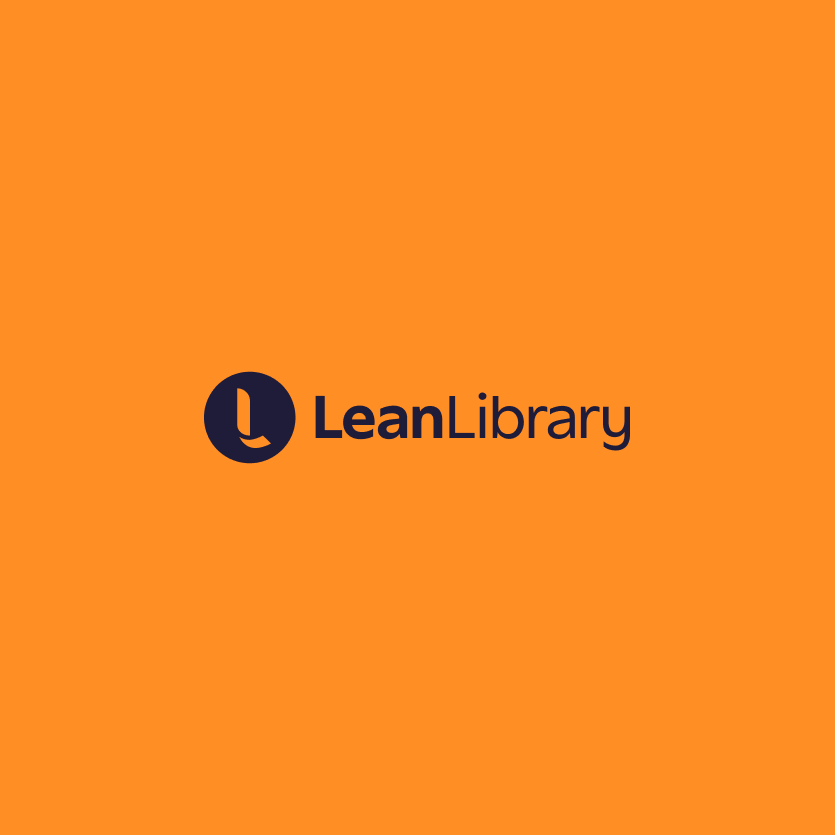
Product: Lean Library Futures
User-centred strategies and point of need content: working with Libraries as Partners
How Lean Library have worked with Lancaster University to:
- Support their user-centred strategy
- Raise online visibility of unique and distinct special collections
- Deliver librarian support into patron workflows.
“We want to move away from having our special collections and archives locked away in rooms and, of course the physical is important, but we want to make sure that people who have an interest in our collections can see it and make use of it be they in Lancaster or be they in Texas, China or wherever. So, using Lean Library to help us surface that content within Lancaster Digital Collections will be absolutely key.”
Andrew Barker, Director of Library Services & Learning Development
What is Lean Library Futures?
Ever wished you could nudge your patrons away from Wikipedia or Google and showcase the wealth of relevant content you have collected and collated for them? With Lean Library Futures, you can showcase relevant publisher content at the point of need – whether it’s research methods on Wikipedia or medical terms on Google.
Our premium service bringing all of your library into your patrons’ workflows, increasing usage and relevance of your library services and resources. Lean Library Futures has all the features of our other options plus more.
The challenge
- Libraries put in a considerable amount of time, money and effort developing special collections, but in today’s digital landscape, can struggle to increase visibility and usage.
- Patrons don’t always start their research at the library, and often have to step outside their workflows to access library content.
- Special collections are still very much viewed as physical collections, and as a result, patrons aren’t aware they can find them in the online digital library space.
“I was particularly impressed by Lean Library’s proposal to work with them as development partners. So much resonated with me in terms of where our users go and what they would like the library to do and where they would like the library to be visible when we’re not the first port of call. Given the amount of money we spend on content it was very central to our vision with Lean Library that we get as much value in surfacing the content and making our users aware that the content they’re using, or can use, is ours.”
Andrew Barker, Director of Library Services & Learning Development
The solution
Lancaster University are working with Lean Library to:
- Enhance their user-centred strategy by ensuring their patrons can find the right content at the right time, without leaving their workflow.
- Using Lean Library’s content integration capabilities, Lancaster will be able to set up keywords that link directly from webpages such as Wikipedia and Google Scholar, directly to their special collections.
- To support their strategy and ensure patrons are receiving relevant librarian expertise at the point of need, Lancaster will also be able to surface relevant messages regarding Open Access agreements and surface their library chat feature on any webpage.
“Working with Lean Library as a development partner is as much about how we can be innovative within our university, as it is about working in a more imaginative and creative way with our vendor colleagues to think differently about what library content looks like and how it is pushed out and how we can make use of the Open Access content that is clearly vital to our future successors. The idea of working together with our students to co-create content and ensure that content is available at ‘point of need’ fits in very well with both Lean Library’s ambition and what we want to do as a library in relation to content.”
Andrew Barker, Director of Library Services & Learning Development
Lean Library Features: Library Service Workflow Integrations Themes: User centricity, demand driven acquisition, point of need content, special collections, librarian/ patron interactions

Figure 1: The Workflow Librarian sidebar, which shows the various options available to patrons when searching on Google, including the ability to chat directly with the library, without leaving their workflow.

Figure 2: An example of Lancaster University content popping up on Wiley’s Open Access pages, to advise patrons on Lancaster’s existing open access agreements.

Figure 3: An example of Lancaster Digital Collections deployed on Wikipedia, using Lean Library’s keyword feature.
“It’s early days for us but we think our developing partnership with Lean Library will ensure that we live our vision and leverage value from our existing content as we move forwards.” – Andrew Barker,
Director of Library Services & Learning Development
Find out more about Lean Library.
If you’d like to hear more or receive a product demo, get in touch.
If you’d like to hear more about becoming a library partner please email info@technologyfromsage.com.



